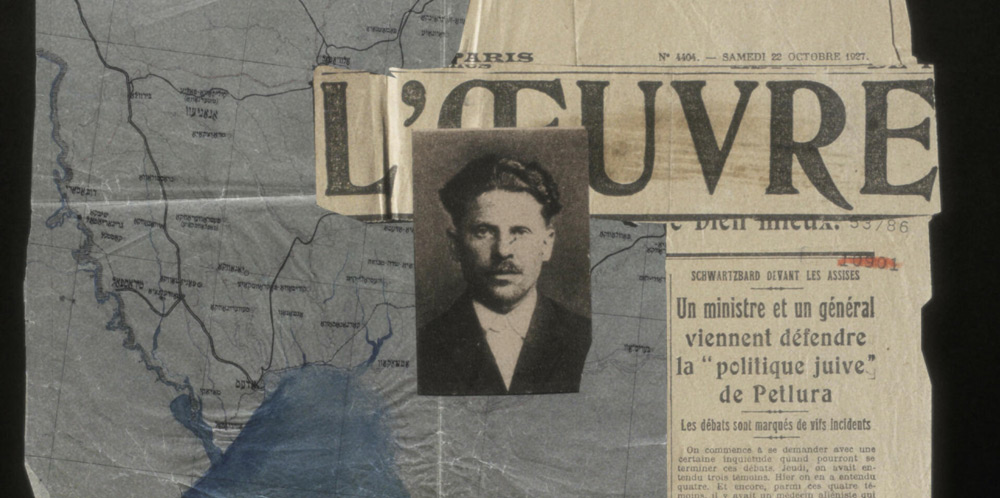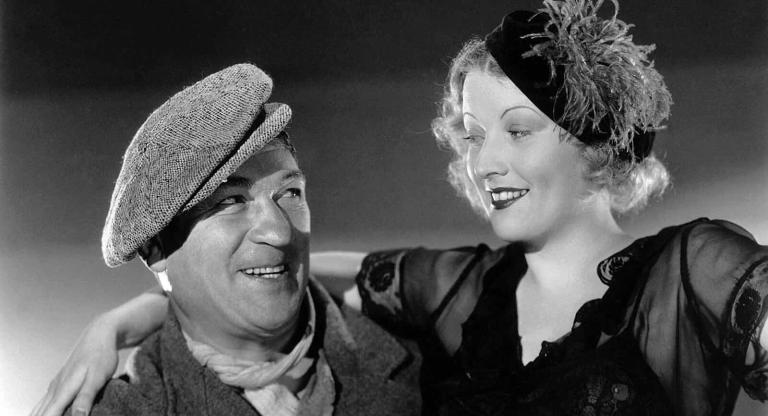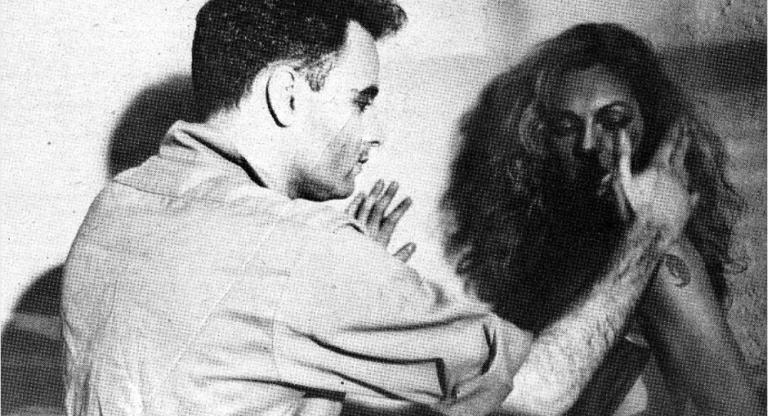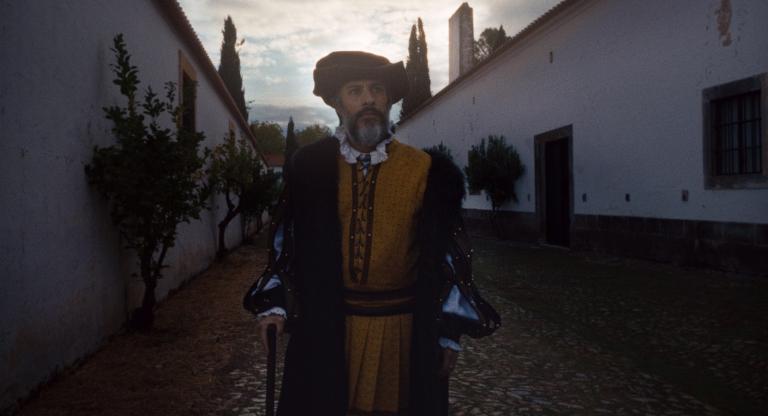Some years ago, a participant of the 1970s social movement Autonomia (Autonomy) took me around Bologna. Looking beyond the yuppies walking their dogs, tourists, shopping grandmas, and a few young punks, I tried to follow his pointer finger. This is where we occupied flats, where we fought the police, where we ran our pirate radio station. No matter how much counterinsurgent, consumer-first urban reconstruction tried to cover up the revolutionary victories of yore, they lingered just beneath the surface.
I felt the same wonder while watching Nate Lavey’s short film Very Gentle Work (2024), screening tomorrow at UnionDocs, inviting us to pay homage to past militancy. The film begins with a shot of Lower Manhattan, red-tinted steam rising between two skyscrapers, evidently vacant for the night. Routine works or the fizzling aftermath of a bomb, we may wonder. Consummating the noir atmosphere, so desolate as to become almost divine, the opening credits are accompanied by the cantorial offerings of Gershon Sirota singing the Kol Nidrei, killed in the Warsaw Ghetto Uprising. The narrator recounts meeting a watchmaker named Morris Polatka—ever the day-job of the earnest anarchist—who maintains a daily practice of visiting sites of left-wing political violence by the Weather Underground, the Black Liberation Army, and Fuerzas Armadas de Liberación Nacional Puertorriqueña.
The patient pacing and calm voice of the narrator describing these instances of “violent righteousness,” per Morris, could not be more dialectically opposed to the frantic and perniciously conspiratorial media cycles following mass shootings in the United States today. Indeed, in our moment of fascistic revanchism, exemplified first and foremost by the genocide in Palestine and our powerlessness to stop it, it’s hard to imagine any kind of violence in the public sphere which would not interminably reproduce the dominant order.
In the second movement of the film, the camera enters the Center for Jewish History, where Morris goes to honor Sholem Schwarzbard: watchmaker, poet, and anarchist revolutionary, depicted by Marc Chagall as an avenging angel. Among his papers, a business card for his services with a simple selling point: travail très soigné (very gentle work). After resisting the pogroms in Eastern Ukraine and fighting in multiple revolutionary brigades, he ended up in Paris plying his trade. Upon hearing that one of the architects of the mass killings was in town, Schwarzbard acted as an individual, shooting him dead in broad daylight. His legal defense, however, was posed from a collective position, calling survivors and historians as witnesses to argue that justice had been administered on behalf of countless victims. After being acquitted, he became a hero, traveling the world.
Schwarzbard was acting in something of a “post-militant” moment not wholly dissimilar from our own—when repressive forces are triumphant. By “making contact with sites of struggle, and paying homage to our hero dead, we can reach back through time and renew dormant traditions, assess what is salvageable and what we must fashion anew,” writes Lavey. Like any artistic appreciation of social practices, cinema’s ability to represent heroic struggles can flail its way into numbing nostalgia—it’s just one battle after another, ain’t it? But it can also gift us a clearer picture of past tactics and modes of expressing popular power as they resonate in the present. Lavey’s film will open a three-day workshop at UnionDocs titled “Post Militant Cinema: Documenting in the Wake of Struggle.” Joined by Ash Goh Hua, Sasha Tycko, and Ben Russell, the gathering will provide an opportunity for another special kind of gentle work: assessing where we’ve been and how to take stock of it all for the battles ahead.
Very Gentle Works screens tomorrow, October 9, at UnionDocs.



